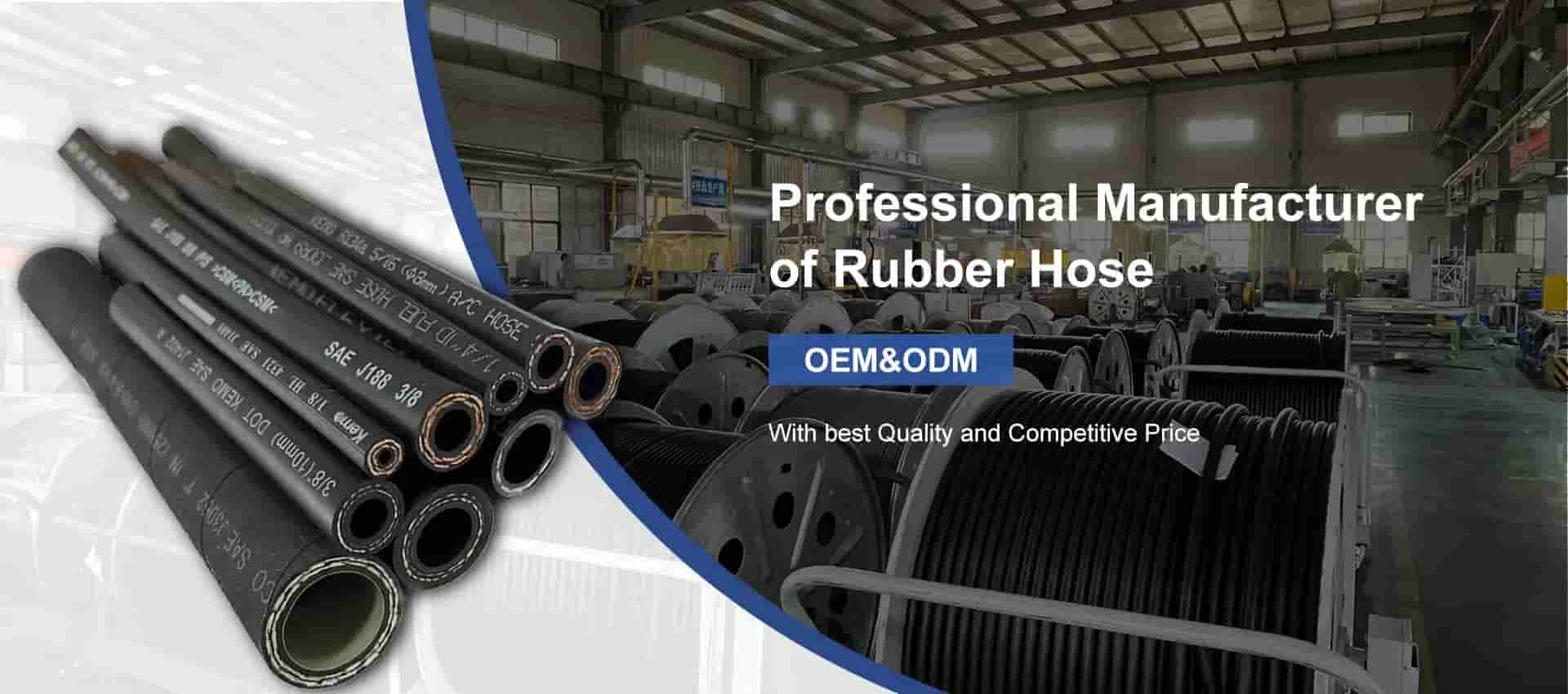Flexible Diesel Fuel Lines for Enhanced Performance and Efficiency in Modern Vehicles
Oct . 22, 2024 14:02 Back to list
Flexible Diesel Fuel Lines for Enhanced Performance and Efficiency in Modern Vehicles
The Versatility of Flexible Diesel Fuel Lines
In the world of diesel engines and fuel systems, the importance of fuel lines cannot be overstated. Fuel lines are essential for transferring fuel from the tank to the engine, and their design plays a critical role in overall vehicle performance. Enter flexible diesel fuel lines, a revolutionary advancement in fuel delivery technology that offers a multitude of benefits.
Understanding Flexible Diesel Fuel Lines
Flexible diesel fuel lines are crafted from advanced materials that offer increased flexibility and resilience compared to traditional rigid fuel lines. Typically made from synthetic rubber or reinforced plastic compounds, these fuel lines can bend and twist, allowing for easier installation in tight engine compartments. Unlike their rigid counterparts, flexible fuel lines adapt to the movement of the engine, reducing the risk of breakage or wear over time.
Advantages of Flexible Fuel Lines
1. Ease of Installation One of the primary advantages of flexible diesel fuel lines is their ease of installation. Whether in a new vehicle or during maintenance, these lines can be maneuvered into place without the need for complicated fittings or extensive modifications. This significant reduction in installation time can help mechanics reduce labor costs and improve efficiency.
2. Durability and Resistance Flexible fuel lines are designed to withstand various environmental factors such as extreme temperatures, UV exposure, and chemical deterioration. This durability ensures a longer lifespan than traditional fuel lines, which can crack or degrade over time, leading to fuel leaks and potential engine damage. The resistance to abrasion and kinking further enhances their reliability in demanding applications.
3. Reduced Weight Vehicle manufacturers are increasingly focused on weight reduction to improve fuel efficiency and performance. Flexible diesel fuel lines are typically lighter than traditional metal lines, contributing to overall vehicle weight reduction. This feature is particularly important in performance vehicles and heavy-duty applications where every pound matters.
flexible diesel fuel line

4. Enhanced Vibration Absorption Diesel engines typically produce significant vibrations, which can affect fuel line integrity. The flexible nature of these lines allows them to absorb vibrations effectively, preventing fractures and prolonging the service life of the entire fuel system. This is particularly beneficial for off-road and fleet vehicles that operate under rough conditions.
5. Versatility Flexible diesel fuel lines can be utilized in a wide range of applications, from commercial trucks and construction equipment to marine engines and agricultural machinery. Their adaptability makes them suitable for various fuel systems, whether it involves standard diesel or biodiesel blends.
Environmental Considerations
As environmental regulations become more stringent, the need for reliable and efficient fuel systems is paramount. Flexible diesel fuel lines help meet these standards by minimizing the risk of leaks and spills, which can have detrimental effects on the environment. Their robust design and durability contribute to a cleaner fuel delivery system, ultimately reducing emissions associated with fuel wastage.
Future Prospects
The future of flexible diesel fuel lines looks promising as advancements in material technology continue to emerge. Researchers are exploring the use of bio-based polymers and synthetic materials that offer even greater resilience while reducing dependence on fossil fuels. The integration of smart technology, such as pressure and temperature sensors within flexible fuel lines, is also being considered to provide real-time data on fuel flow, further enhancing engine performance and safety.
Conclusion
In conclusion, flexible diesel fuel lines represent a significant leap forward in fuel system technology. Their advantages of ease of installation, durability, reduced weight, and vibration absorption make them an ideal choice for modern diesel engines. As the automotive and transportation industries continue to innovate, the role of flexible fuel lines will only grow, paving the way for safer, more efficient driving experiences while contributing to environmental sustainability.
Latest news
-
Refrigeration Hose-HEBEI KEMO|Low Permeability&Pulse Resistance
NewsAug.12,2025
-
Refrigeration Hose-HEBEI KEMO AUTO PARTS TECHNOLOGY CO., LTD
NewsAug.12,2025
-
Refrigeration Hose - HEBEI KEMO AUTO PARTS TECHNOLOGY CO., LTD|Low Permeability&Ozone Resistance
NewsAug.12,2025
-
Durable AC Pressure Hose for Reliable AC System Repair
NewsAug.12,2025
-
Refrigeration Hose-HEBEI KEMO AUTO PARTS TECHNOLOGY CO., LTD|Low Permeability,Pulse-Resistance
NewsAug.11,2025
-
Refrigeration Hose-Hebei Kemao|Industrial Applications&Automotive Systems
NewsAug.11,2025
